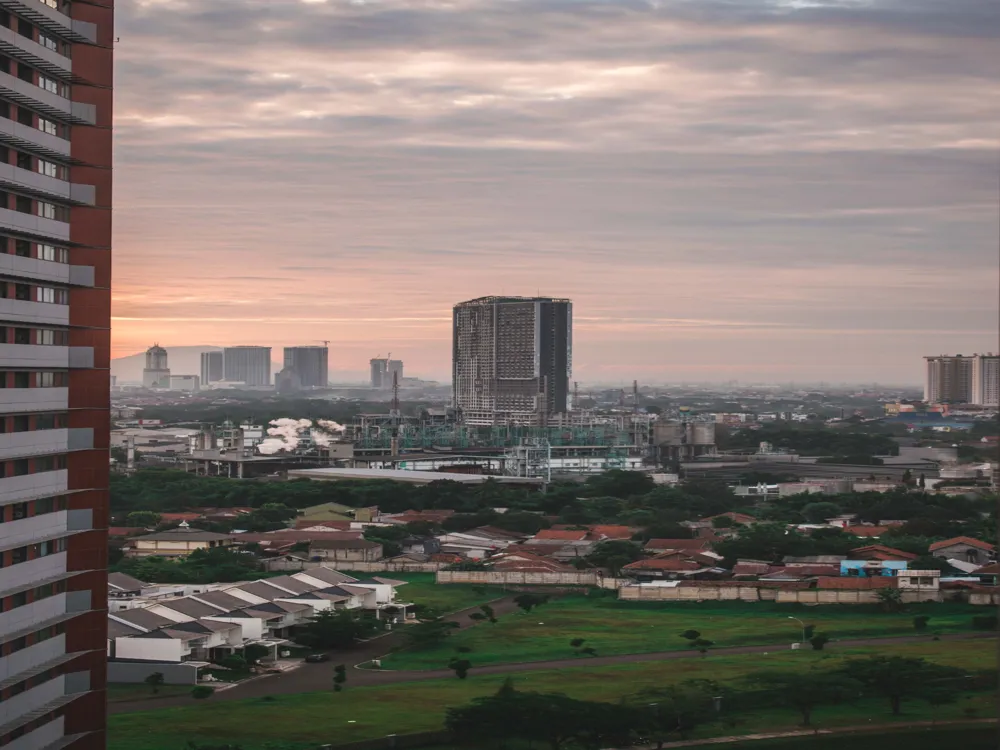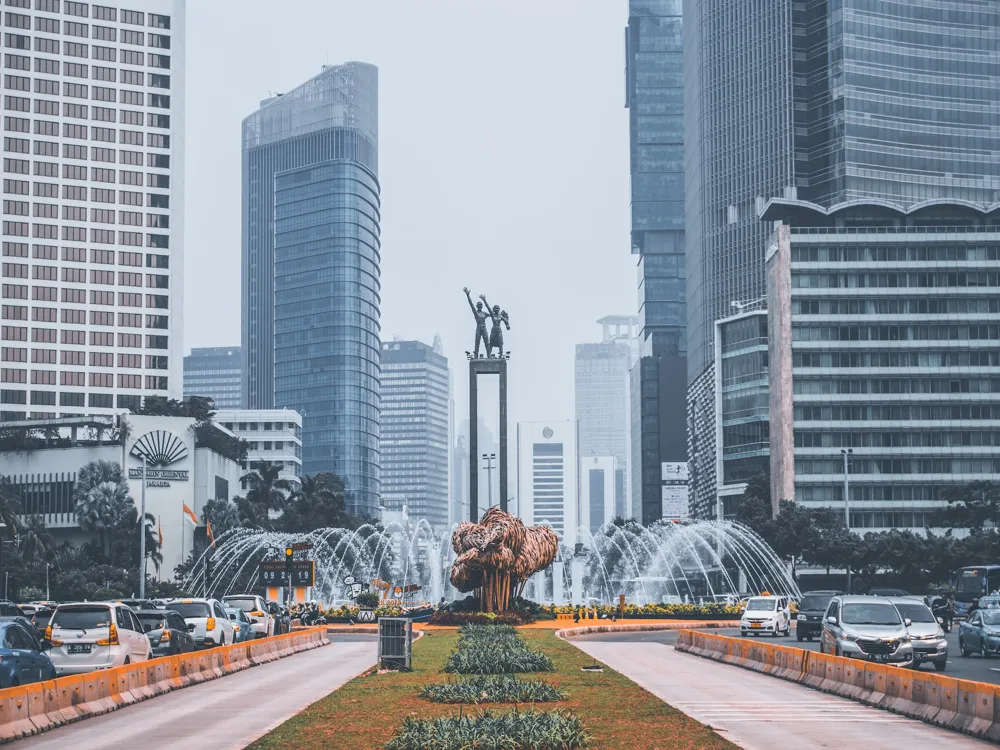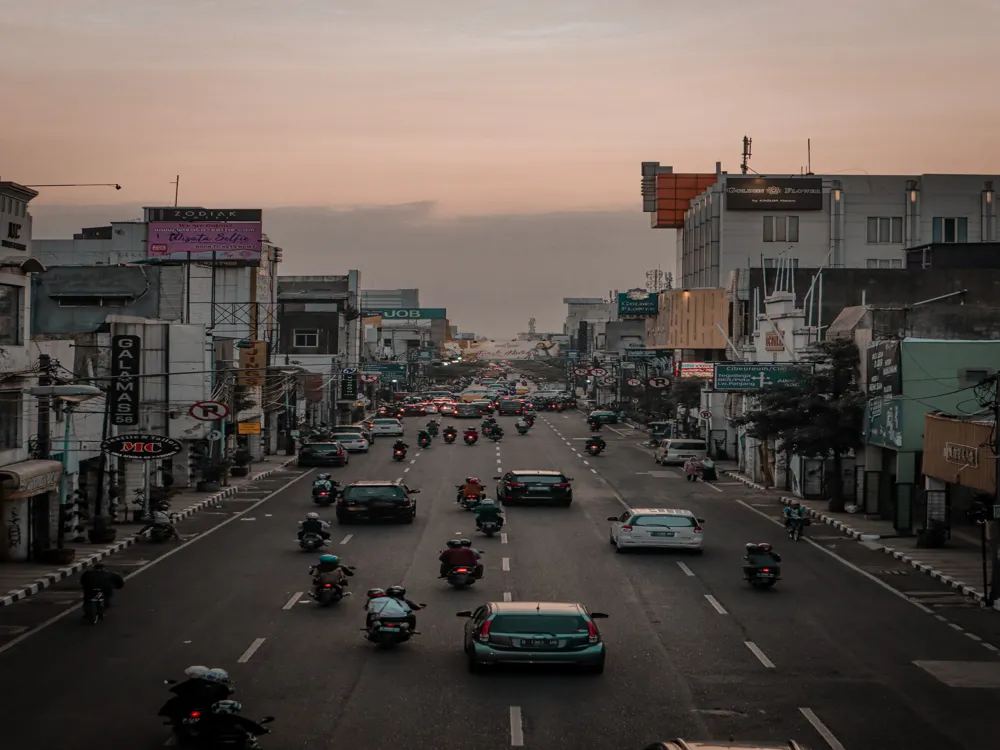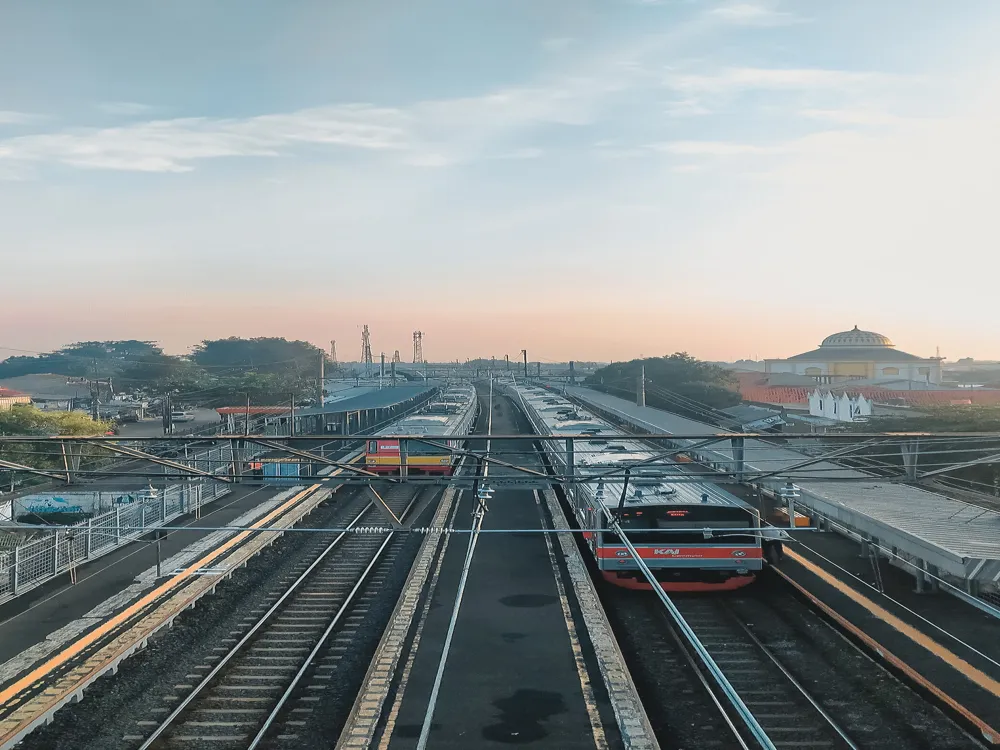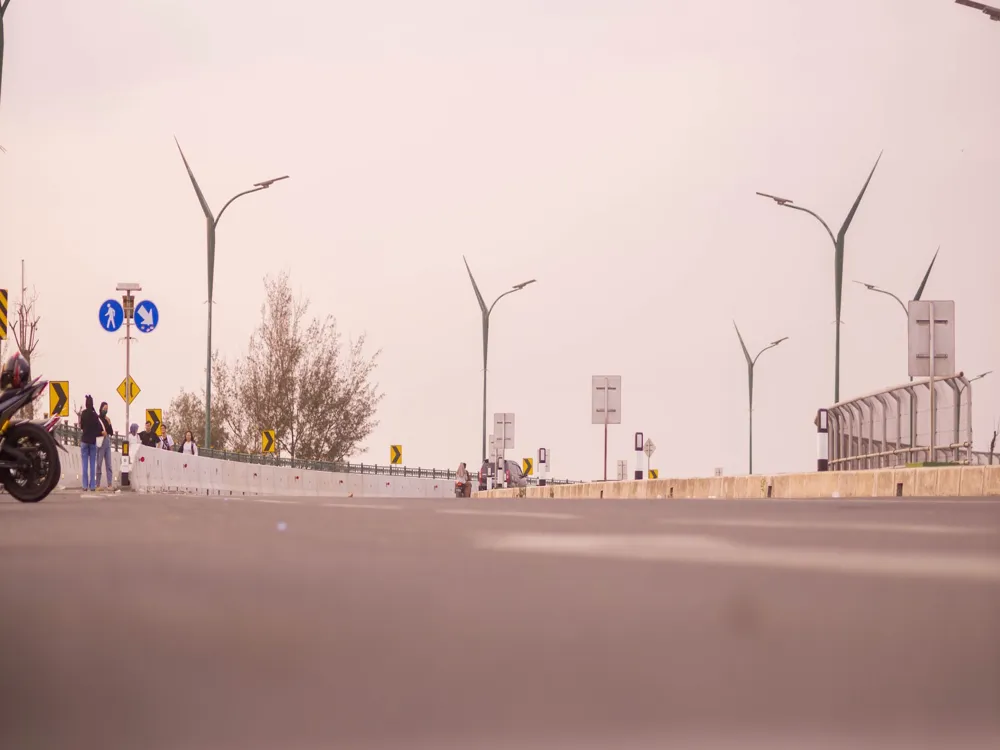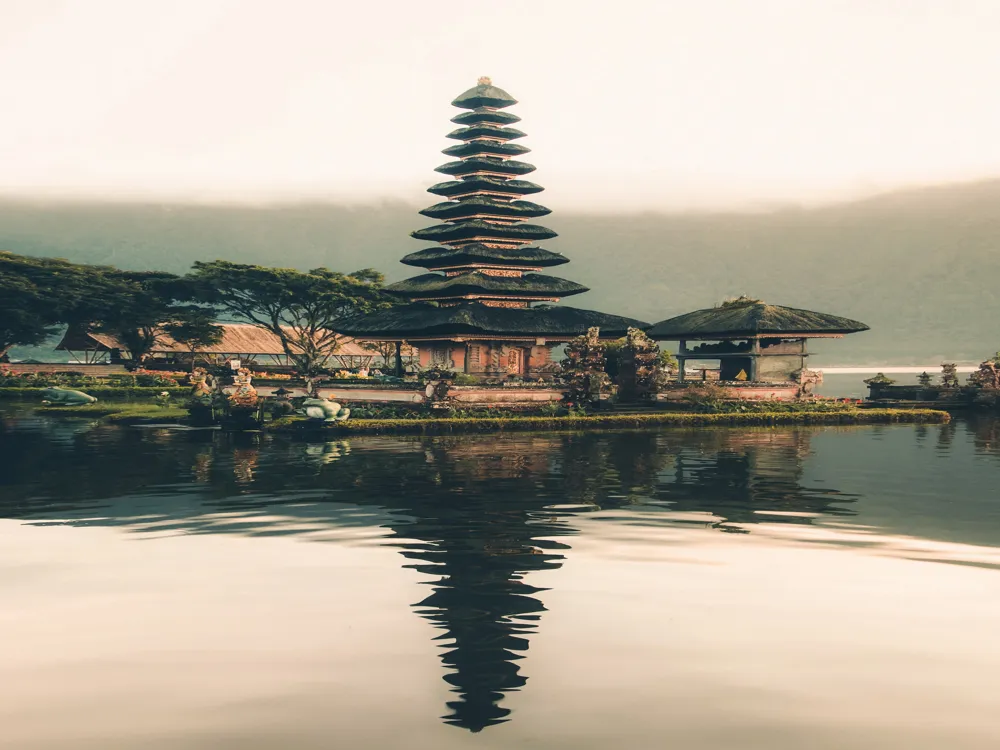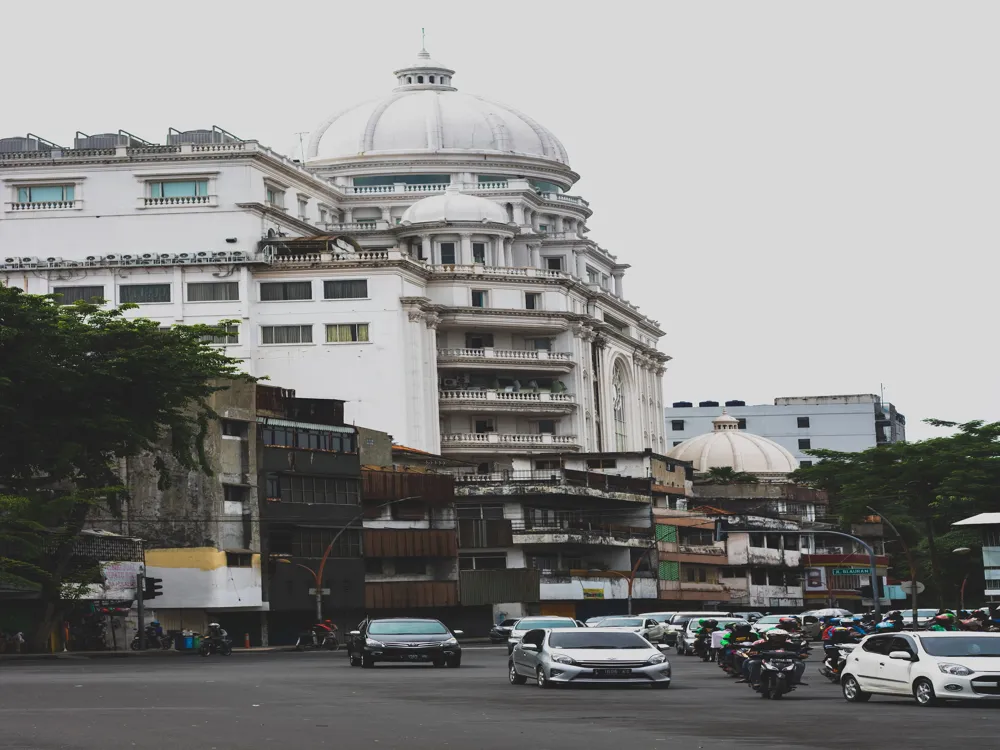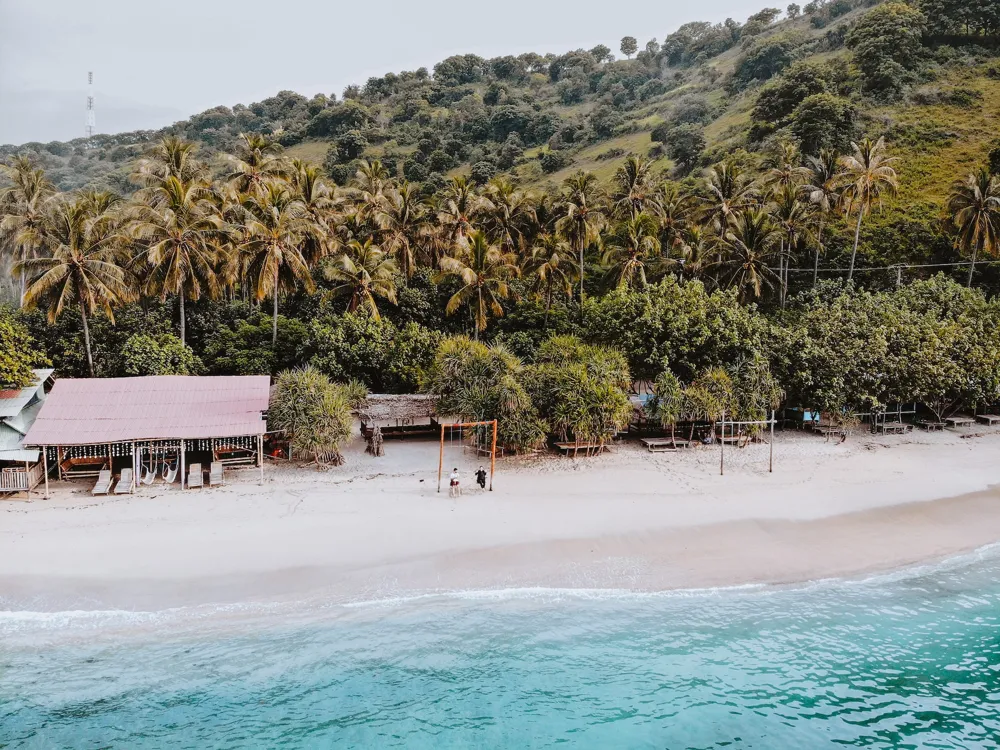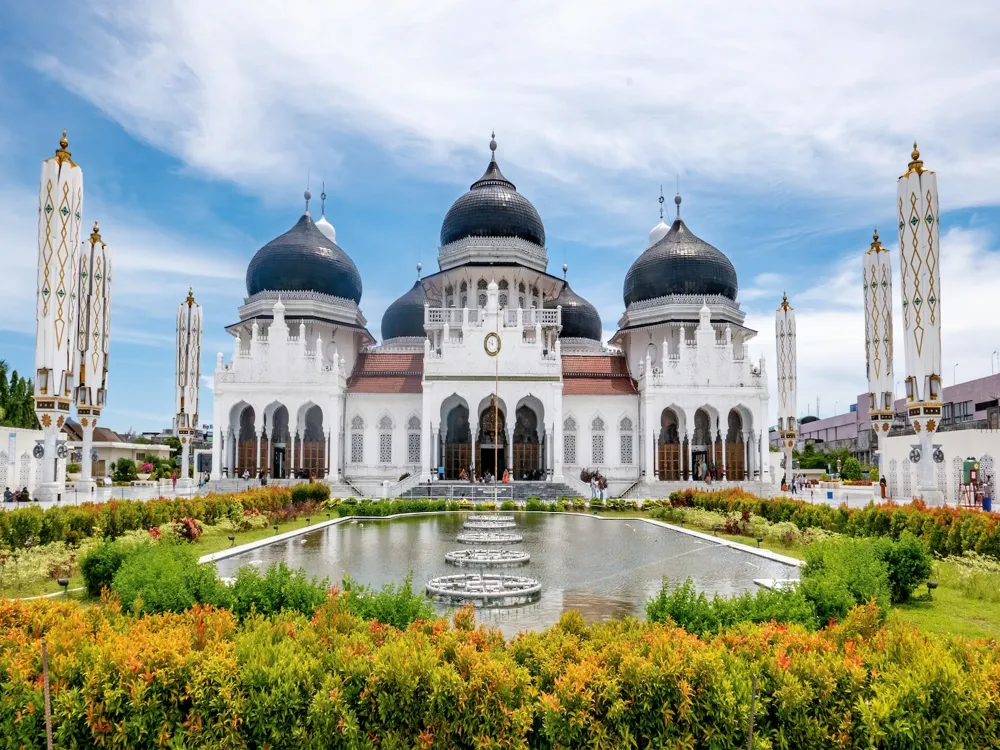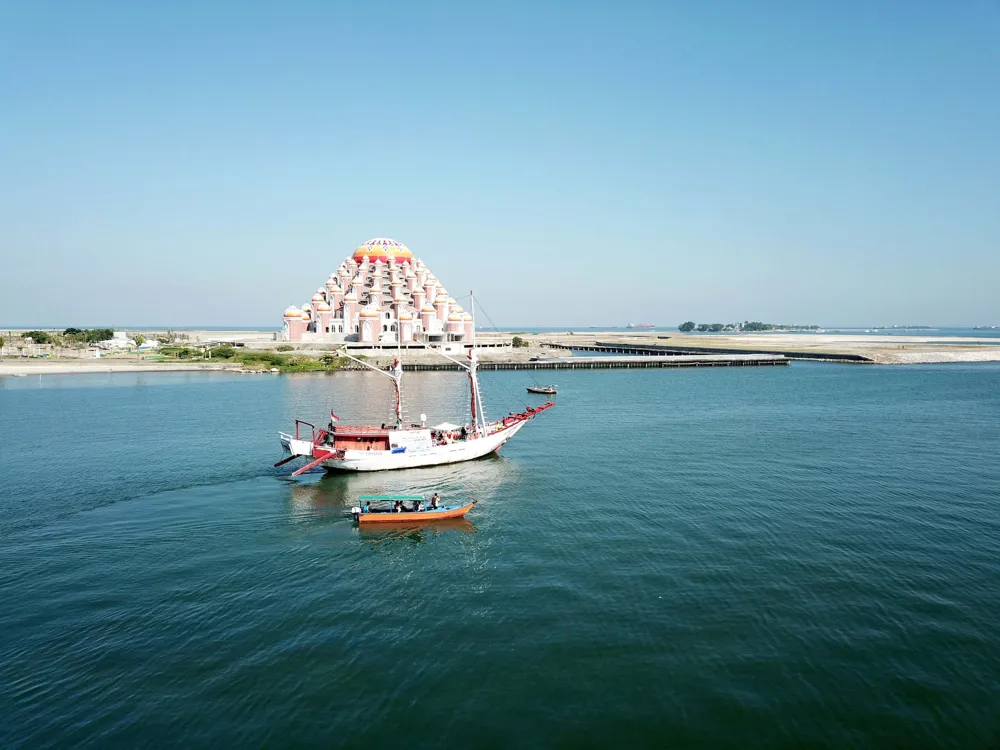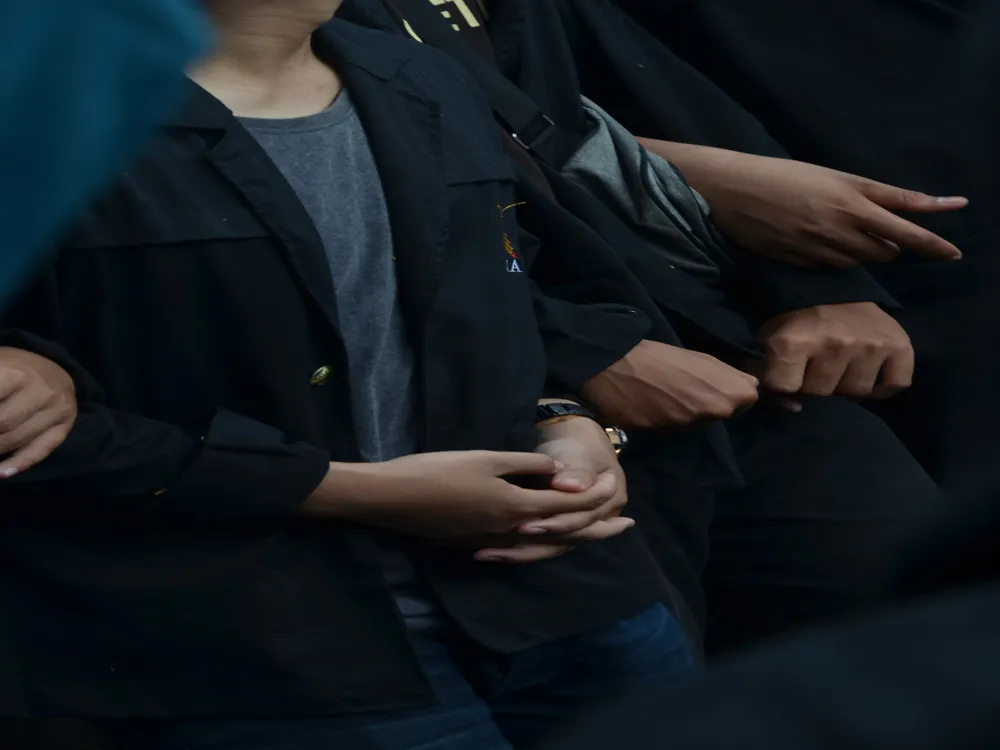Banten, a vibrant province located on the western tip of Java, Indonesia, is a land of rich history and cultural diversity. Its journey from a powerful sultanate in the 16th century to a vital part of modern Indonesia is a tale of resilience and transformation. Known for its distinct culture, Banten seamlessly blends tradition with contemporary life. The province's strategic location on the Sunda Strait has shaped its history, influencing trade, politics, and cultural exchanges. Banten's landscape is as diverse as its history, featuring volcanic mountains, lush forests, and serene beaches. This diversity extends to its people, who are known for their warm hospitality and communal harmony. Banten's historical significance is reflected in its architecture and archeological sites. The remnants of the Banten Sultanate offer a glimpse into its glorious past. The region's economy, primarily driven by agriculture, industry, and tourism, is a testament to its adaptability and resourcefulness. Banten's cultural heritage, seen in its music, dance, and craftsmanship, adds color and vibrancy to the Indonesian tapestry. As a travel destination, Banten offers an immersive experience, inviting visitors to explore its historical sites, natural beauty, and cultural festivals. Banten's architecture is a fascinating amalgamation of various influences, reflecting its historical and cultural journey. The province's architectural heritage can be primarily categorized into two types: traditional and colonial. Traditional architecture in Banten is exemplified by the indigenous Baduy houses, known for their unique construction methods and materials. These structures are typically made from natural resources like bamboo, wood, and thatched roofs, and are designed to harmonize with the surrounding environment. The influence of Islam on Banten's architecture is evident in its mosques and religious buildings. The Great Mosque of Banten, built during the sultanate era, stands as a symbol of Islamic architecture in Indonesia. Its unique blend of Javanese and Middle Eastern architectural styles, with tiered roofs and intricate carvings, showcases the cultural synthesis that characterizes Banten. Colonial architecture in Banten bears the imprint of Dutch rule. The remnants of colonial buildings, forts, and administrative offices display European architectural styles adapted to the tropical climate. These structures often feature large windows, high ceilings, and spacious verandas. The fusion of European and local architectural elements in these buildings speaks to the complex history of colonialism and resistance in Banten. Contemporary architecture in Banten reflects its growth and modernization. The province's urban centers, like Serang and South Tangerang, feature modern buildings, shopping malls, and infrastructure. These structures, while modern in design, often incorporate traditional elements, maintaining a connection to Banten's rich cultural heritage. The ideal time to visit Banten is during the dry season, from May to September. During this period, the weather is more conducive for exploring outdoor attractions and participating in local festivals. Visitors should respect local customs and traditions. Dress modestly, especially when visiting religious sites, and always ask for permission before taking photographs of local people or sacred places. Public transportation in Banten includes buses, minibuses (angkot), and trains. For convenience, consider hiring a car or motorbike, but be aware of traffic conditions and local driving habits. Banten offers a range of accommodation options, from luxury resorts to budget-friendly guesthouses. Booking in advance is recommended, especially during peak tourist seasons and local holidays. Don't miss out on trying Banten's local cuisine, known for its rich flavors and spices. Popular dishes include Sate Bandeng, Nasi Sumsum, and Rabeg, a traditional goat meat dish. Banten is accessible by various modes of transportation. The Soekarno-Hatta International Airport in Jakarta is the nearest major airport, serving both international and domestic flights. From Jakarta, Banten can be reached by road or rail. The province is well-connected by a network of highways, making road travel convenient. Regular train services also link Banten to other major cities in Java. Additionally, sea routes are available, with the Merak port serving as a key gateway for travelers from Sumatra.Overview of Banten
Architecture of Banten
Tips When Visiting Banten
Best Time to Visit
Local Customs and Etiquette
Transportation Tips
Accommodation Choices
Local Cuisine
How To Reach Banten
Tanjung Pasir
Banten
NaN onwards
View banten Packages
Banten Travel Packages
View All Packages For Banten
Top Hotel Collections for Banten

Private Pool

Luxury Hotels

5-Star Hotels

Pet Friendly
Top Hotels Near Banten
Other Top Ranking Places In Banten
View All Places To Visit In banten
View banten Packages
Banten Travel Packages
View All Packages For Banten
Top Hotel Collections for Banten

Private Pool

Luxury Hotels

5-Star Hotels

Pet Friendly








